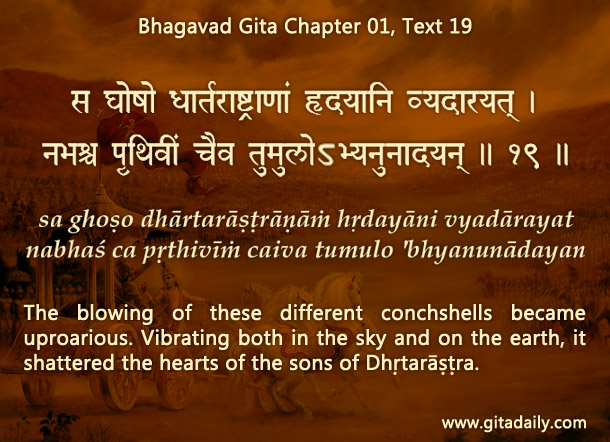To be assertive we sometimes need to be aggressive adequately and adeptly
The nature of people, and the nature of life itself, is such that we are sometimes put in confrontation with others. Amidst such face-offs, we can and should try to resolve things amicably. But seeking an amicable resolution doesn’t mean that we let others walk all over us.
Broadly speaking, when faced with a confrontation, we can have three approaches: be passive, be aggressive or be assertive. To be passive is to act in the material mode of ignorance; such action often makes the opponent more domineering and exploitative. To be aggressive is to act in the mode of passion; such action leads to a tit for tat sequence that escalates the conflict. To be assertive is to act in the mode of goodness; such action checks the other person from stepping on our toes while ensuring that we don’t step on their toes either. Being assertive enables us to protect our purpose while doing our best to maintain peace.
However, if the other person is relentlessly aggressive and if they rebuff all our efforts for resolving things, then we may need to be aggressive. Being thus aggressive is not being vindictive; it is just being strongly assertive. Of course, such assertiveness has to be regulated adeptly so that it doesn’t escalate beyond the necessary level.
The setting of the Bhagavad-gita (01.19) depicts how the primary protagonist Arjuna had to be aggressive in order to be assertive. The opponents headed by the villainous Duryodhana had scornfully rejected all peace proposals, even those offered on the most accommodating of terms.
In our daily lives, we won’t usually have to physically fight against anyone. Still, the Gita’s setting demonstrates that while pursuing a virtuous cause, we sometimes need to take a stand, and stand firm.
Think it over:
- Amidst confrontation, what are the three broad approaches?
- When does being assertive require being aggressive?
- Why did the Pandavas have to fight against the Kauravas?
***
01.19 The blowing of these different conchshells became uproarious. Vibrating both in the sky and on the earth, it shattered the hearts of the sons of Dhritarashtra.
To know more about this verse, please click on the image
Explanation of article:
https://www.youtube.com/watch?v=ufxEL_WfWN0&feature=youtu.be
Podcast:


Leave A Comment